After Spending Over £330m Across Two Transfer Windows, Pep Guardiola’s Side Have Now Made Their Worst League Start Since 2004–05
The paradox of modern football is that heavy investment no longer guarantees immediate success, even for clubs with the deepest pockets. Manchester City, a club that has redefined dominance in English football under Pep Guardiola, stand at the center of this paradox. After spending over £330 million across the last two transfer windows, the reigning Premier League champions have opened the campaign with their worst league start since 2004–05. The numbers tell one story, but the deeper analysis reveals why money has not yet translated into stability on the pitch.
—
1. Historical Context of City’s Start
To understand the magnitude of this poor start, context is essential. Since the Abu Dhabi takeover in 2008, City have been associated with unrelenting progress, a cycle of renewal, and Guardiola’s unmatched tactical precision since 2016. City have started most seasons strongly, using early momentum as a launchpad for dominance. The last time the club endured a start this underwhelming was in 2004–05, a period before Sheikh Mansour’s ownership, when the club was mid-table under Kevin Keegan and lacked any consistent identity.
Fast-forward to today, City are no longer chasing the elite—they are the elite. Therefore, their current struggles raise uncomfortable questions. How can a team that has invested so much in arguably the deepest squad in Europe be performing worse than their pre-oil era selves?
—
2. Transfer Spending vs. Squad Balance
On paper, £330m in spending should guarantee renewal. Josko Gvardiol, Matheus Nunes, Jeremy Doku, Mateo Kovačić, and others have been brought in across the last two windows to ensure Guardiola has variety and depth. Yet, the balance of the squad has become problematic.
Replacing Leadership Void: The exits of Ilkay Gündoğan and Riyad Mahrez were underestimated. Gündoğan, in particular, provided experience, composure, and big-game goals. Kovacic and Nunes, while talented, do not yet command the same authority.
Injury-Prone Depth: Kevin De Bruyne’s recurring injuries have magnified the lack of creativity when he is absent. The midfield appears functional but not transformational.
Unsettled Defence: City’s defensive recruitment has been expensive but inconsistent in its impact. Gvardiol is promising, yet adapting to Guardiola’s positional demands takes time.
Thus, City’s investment has given them more options, but not necessarily more solutions. The distinction is critical.
—
3. Tactical Staleness and Opponent Adaptation
Guardiola has often been praised for his ability to evolve tactically, but there is an argument that City are beginning to show signs of predictability. The inverted full-back system, pioneered by João Cancelo and refined with John Stones, was revolutionary when first implemented. However, Premier League opponents are now far better prepared to exploit its weaknesses.
Transitions: When City lose possession high up the pitch, their rest defence is vulnerable. Opponents increasingly target the space behind advanced full-backs.
Central Overloads Neutralized: Teams are deploying low blocks with midfield congestion, nullifying City’s traditional passing triangles.
Reliance on Haaland: Erling Haaland’s goal-scoring output remains high, but opponents are tailoring defensive plans around cutting supply lines to him. Without runners like Mahrez and Gündoğan, Haaland is often isolated.
In short, Guardiola’s innovations are being met with equal innovation from rivals.
—
4. Psychological and Motivational Fatigue
Another underappreciated factor is psychological fatigue. City are coming off a historic treble-winning season, the pinnacle of Guardiola’s reign. Achieving such heights can subconsciously reduce hunger and edge, even among the most elite athletes.
Complacency: For some players, every league game might feel less urgent after conquering Europe.
Pressure Reset: Rivals see City as beatable again, especially with early vulnerabilities exposed.
Guardiola’s Standards: His relentless drive can be both inspiring and exhausting. After years under his micro-management, certain players may be struggling to maintain the same intensity.
This blend of fatigue and psychological pressure partly explains why even big names can look lethargic in matches that previously seemed routine victories.
—
5. Injuries and Squad Rotation Issues
Injuries have exacerbated City’s struggles. Kevin De Bruyne’s long-term absence is the most glaring, but the defensive unit has also lacked stability. Stones, Laporte (before his departure), and Ake have faced interruptions, while Gvardiol is still adjusting.
Guardiola is known for meticulous squad rotation, yet this season it feels more like patchwork than orchestration. When the rhythm of selection is broken, consistency in performance inevitably dips. The £330m spent has not been able to fully cover the gaps created by injuries because the replacements either lack chemistry with teammates or are still learning Guardiola’s complex system.
—
6. The Premier League Has Strengthened
It would be unfair to analyze City’s decline in isolation. The Premier League itself has grown more competitive at the top end. Arsenal have matured into genuine title contenders under Mikel Arteta, Liverpool’s midfield overhaul has given them renewed energy, and Tottenham under Ange Postecoglou have added unpredictability. Even clubs outside the traditional “Big Six” have increased their tactical and financial firepower.
City’s worst start since 2004–05 is therefore partly a reflection of their rivals’ improvement. Matches that were previously straightforward three points are now battles requiring every ounce of concentration.
—
7. Over-Reliance on Guardiola’s Genius
A hidden theme behind City’s struggles is that the system is overly reliant on Guardiola himself. His meticulous preparation and ability to out-think opponents often mask systemic weaknesses. But even Guardiola cannot perpetually reinvent without transitional dips.
When rivals match his tactical intensity and players suffer form or fatigue, the cracks widen. This season, Guardiola’s riskier experiments—such as pushing Stones into midfield or asking wingers to play narrower—are not yielding the usual dividends. It underlines that even the best systems are vulnerable to stagnation.
—
8. Financial Power vs. On-Pitch Reality
City’s £330m outlay highlights a broader truth: financial muscle cannot instantly replicate the intangible qualities that drive success. Leadership, chemistry, adaptability, and psychological resilience cannot simply be purchased.
Gündoğan’s goals cannot be replaced by Kovacic’s ball retention.
Mahrez’s composure in wide areas cannot be instantly matched by Doku’s raw pace.
De Bruyne’s vision cannot be cloned with a transfer fee.
This mismatch between financial power and intangible footballing needs is why City are struggling despite their immense resources.
—
9. What This Means for Guardiola and City
For Guardiola, this is both a challenge and an opportunity. Historically, his teams experience cycles of dominance followed by recalibration. At Barcelona, he refreshed through La Masia graduates; at Bayern, he experimented with tactical flexibility. At City, he may need to once again strip down and rebuild—not by spending more money, but by rediscovering hunger and recalibrating the squad’s psychology.
Failure to do so could see rivals seize the moment. Arsenal, Liverpool, and others are poised to capitalize. If City continue on this trajectory, they may not only lose their title but also invite questions about whether Guardiola’s reign has peaked.
—
10. Conclusion: A Moment of Reckoning
Manchester City’s worst league start since 2004–05 is not an anomaly—it is the product of multiple interconnected factors: unbalanced recruitment, tactical predictability, injuries, motivational fatigue, and a stronger league ecosystem. The £330m spent across two windows highlights football’s eternal truth: money buys players, not identity or continuity.
For Guardiola and his squad, the road forward is clear. They must rediscover collective hunger, adapt tactically once more, and build solutions that go beyond financial power. Otherwise, history may look back at this season not as a blip, but as the moment when City’s dominance began to crack.
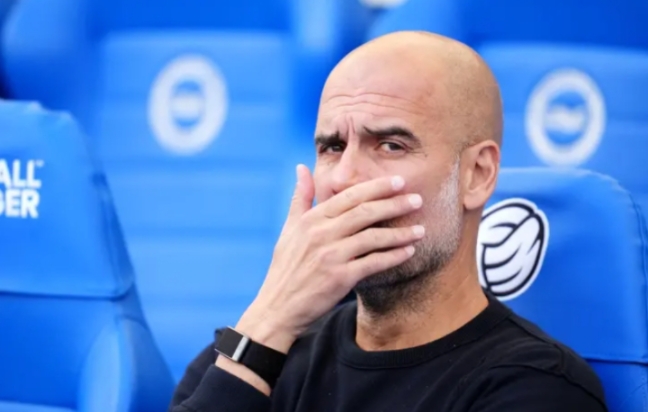
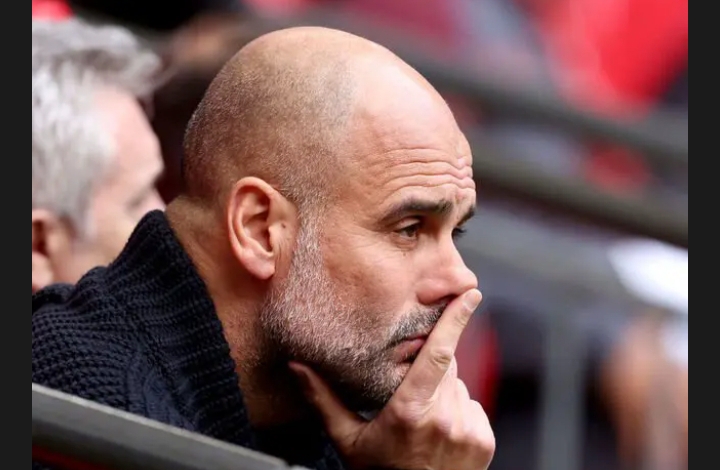
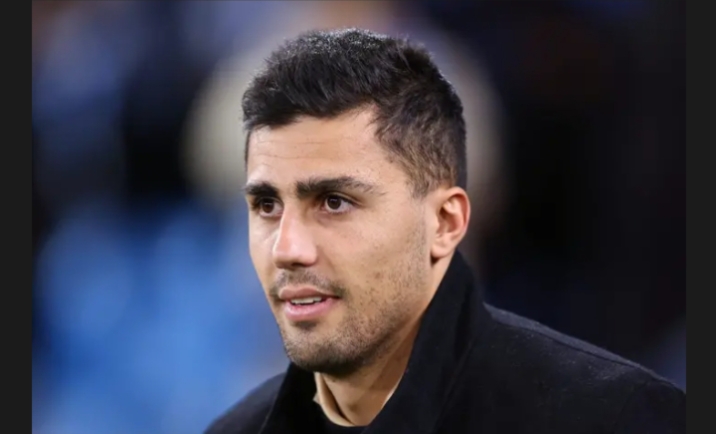
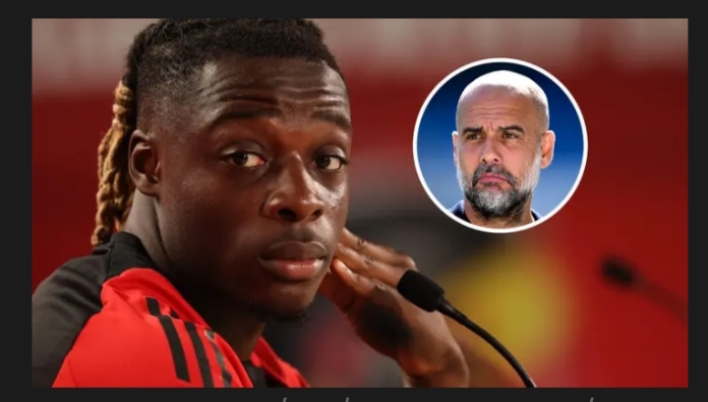
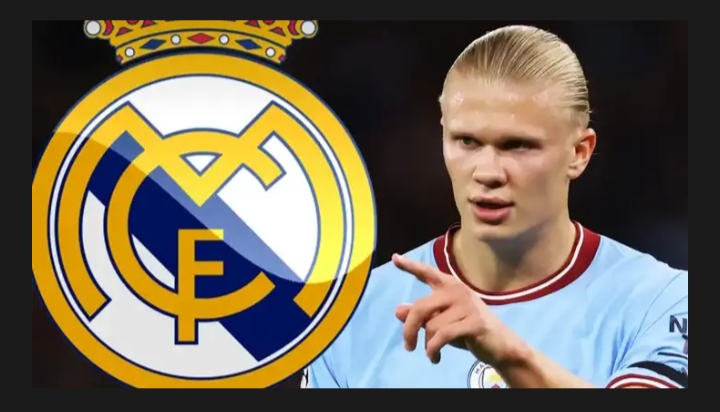
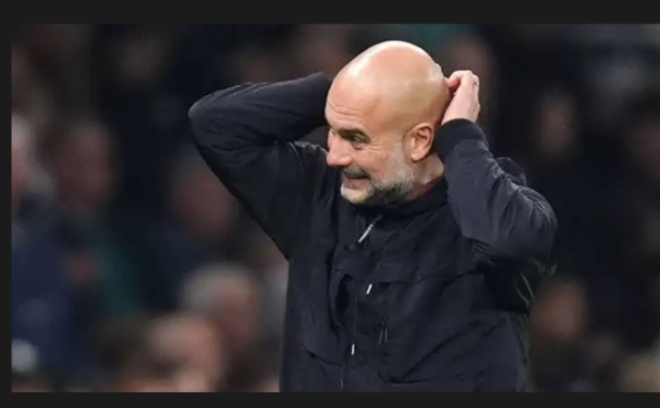
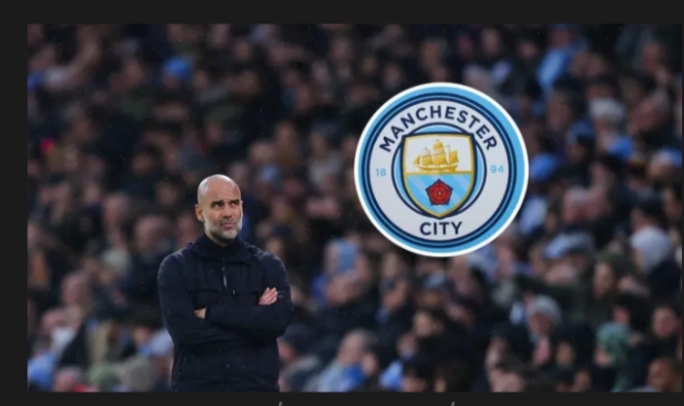
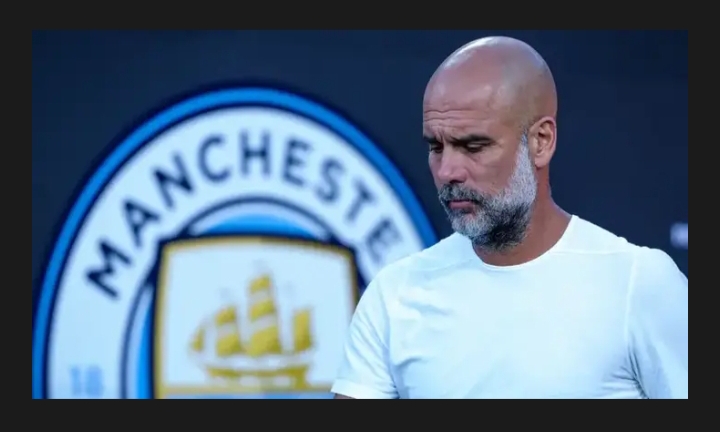
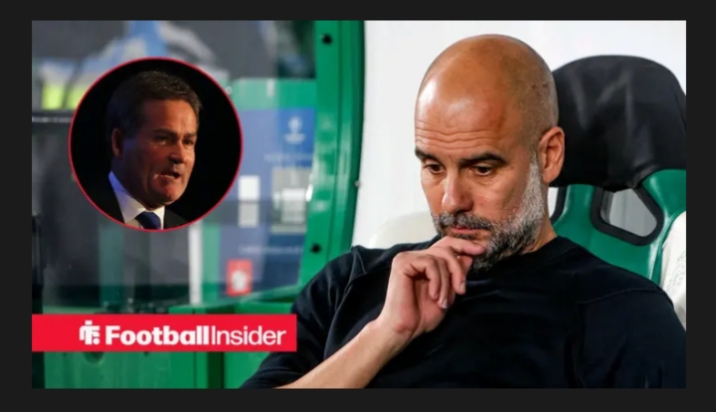
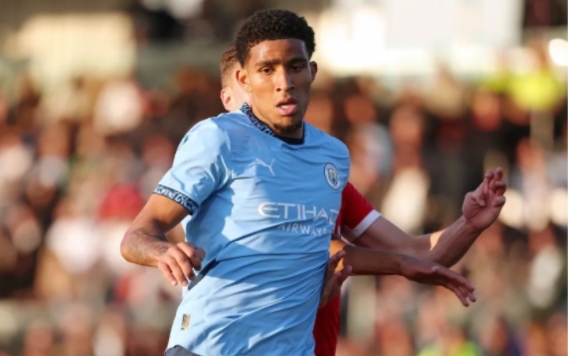
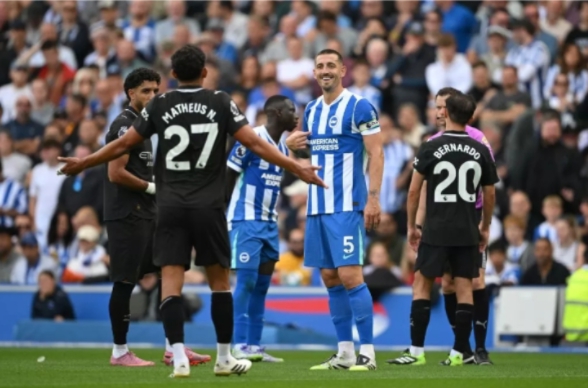
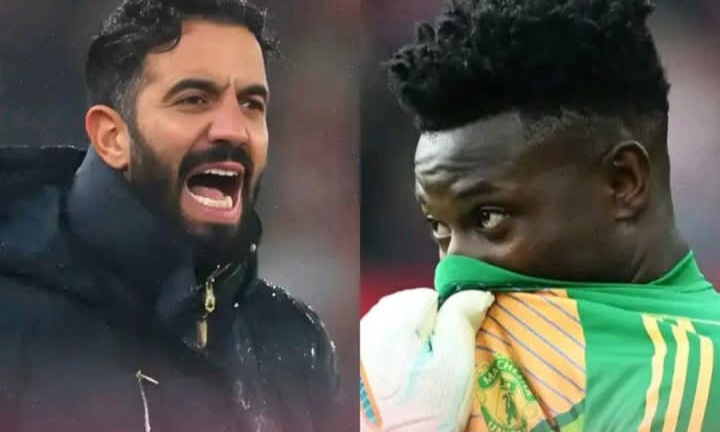
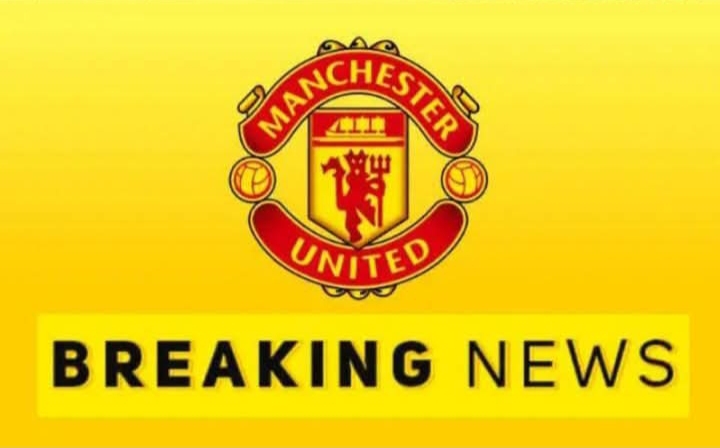
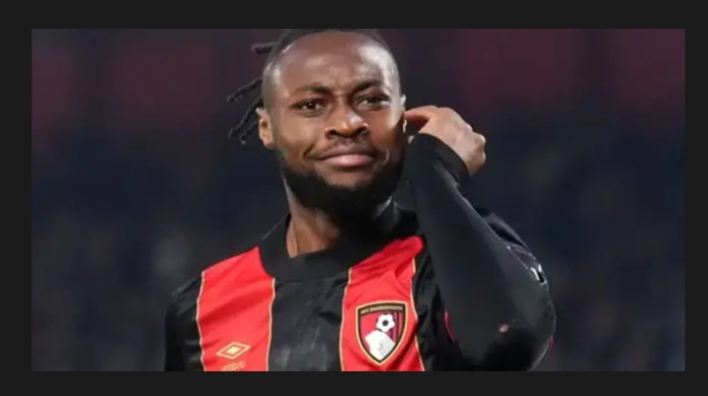
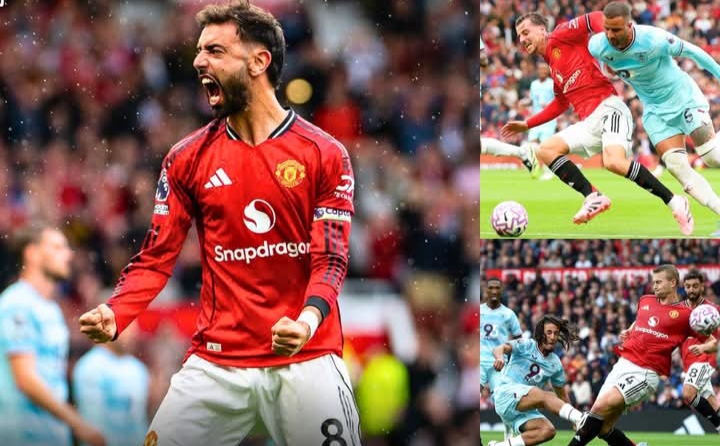
Leave a Reply